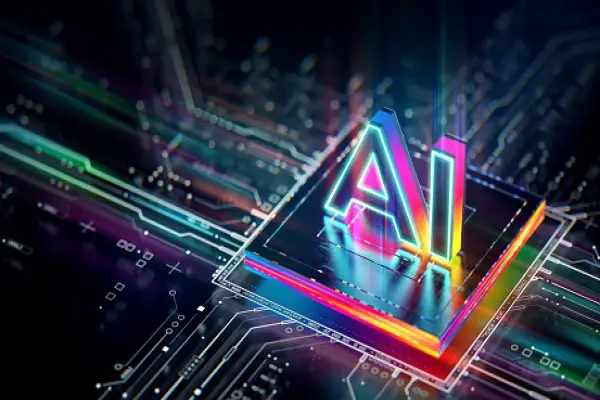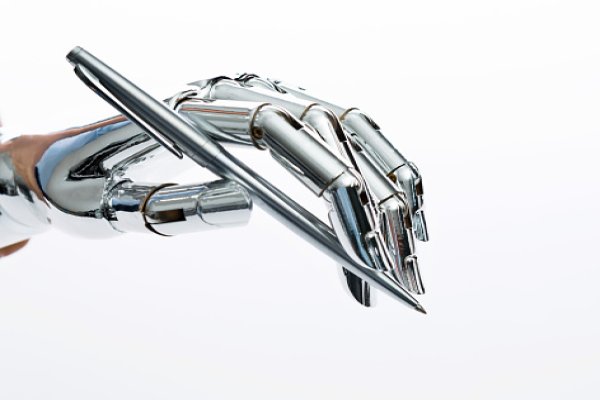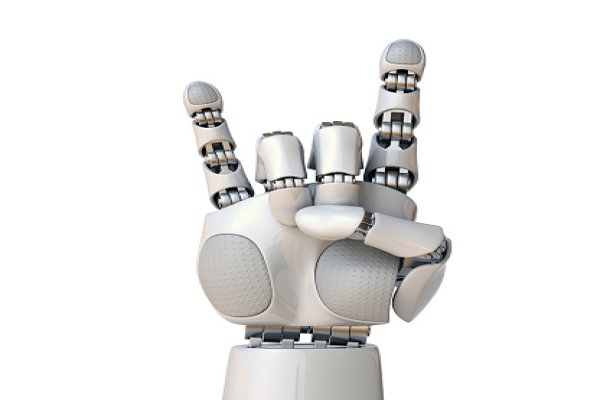If you were concerned that movies and television would soon be full of automated, computer-generated dialogue, the Writers Guild of America (EAST) is here to assure you. They are devoted to ensuring these media remain free from unnatural conversations.
The WGA suggested a proposal to the AMPTP in their contract negotiations that AI tools should be allowed in a limited capacity with the agreement of both writers and studios. This story was reported earlier today by Variety.
The steep rise of Artificial Intelligence as a writing instrument has left the literary community feeling apprehensive. This has caused great alarm among authors and other wordsmiths, implying that AI poses a risk to their craft.
The Writers Guild of America (WGA) has released a statement on Twitter, clarifying their stance despite Variety’s report not addressing whether scripts wholly created by AI are allowed. Notably, the WGA has stated that they are open to AI-generated scripts.
“Organizations must not utilize Artificial Intelligence to weaken writers’ employment criteria including pay, residuals, isolated rights and recognition.”
The WGA’s proposal seeks to prevent AI-generated content from being employed as either source material or rewriting anything encompassed by their contract with AMPTP. This is because AI-generated works blend both copyright-protected content and public domain texts.
“AI software does not have the capacity to create anything; the output which it produces is based on what was initially fed into it. The Writers Guild of America deems this plagiarism, a feature encased in the AI process.”
The Writers Guild of America, while still recognizing that AI tools could lead to job losses for writers, is ready to adopt these disruptive technologies as long as creators are properly credited and compensated for their work.
Amid ongoing contract negotiations between the Writers Guild of America and the Alliance of Motion Picture and Television Producers, the WGA has proposed accepting scripts created with AI tools this week. The WGA’s proposal is a part of the continuing discussions between both entities over a potential new agreement.
Under the WGA’s proposal, AI-generated material would not qualify as either “literary material” or “source material,” which are important determinants for how writers get credit and funds for their work. (The Writers Guild of America East represents the Verge’s editorial staff.)
For writers, “literary material” comprises ideas they generate independently, like original scripts, while “source material” derives from pre-existing works tailored for different outputs. As Variety explains, these two are distinct concepts in literary works.
Disallowing content produced by AI tools such as ChatGPT to be considered literary works or source material will enable writers to create stories with the help of ChatGPT and afterward take sole writing credits for the accomplishments.
A studio may question if the human creators are still considered the project’s original scribes by creating programs and bots to generate possible storylines for human writers to finesse. Interestingly, the Writers Guild of America’s plan didn’t envisage scripts being composed solely by an AI.
Of course, it is essential to be wary, as the AMPTP has yet to commit to the proposal, and we must consider which party may have “leaked” this news – after all, it is only a suggestion.
Given the rising concerns (especially in creative circles) about the datasets that AI tools are trained on, it is notable that the WGA is floating the idea of normalizing content sourced from AI.
Should this become normal, worries regarding who initially wrote the material and whether it was plagiarized could emerge due to the technology’s capacity to reproduce work based on what it has formerly encountered.
The Writers Guild of America (WGA) has ventured into an uncertain domain with this, which can also be said of the creative process involving humans. From far away, it appears that navigating those murky waters could become difficult.
Over the next two weeks, talks between the Writers Guild of America (WGA) and AMPTP Centering around the WGA’s contract are set to continue.
The intersection of AI-generated content and the Writers Guild of America (WGA) raises complex legal and ethical questions that are still being debated. On the one hand, AI technology can be a useful tool for writers and content creators, allowing them to automate certain tasks and streamline their workflow. On the other hand, AI-generated content raises concerns about copyright ownership and creative authorship.
Source: The Verge



